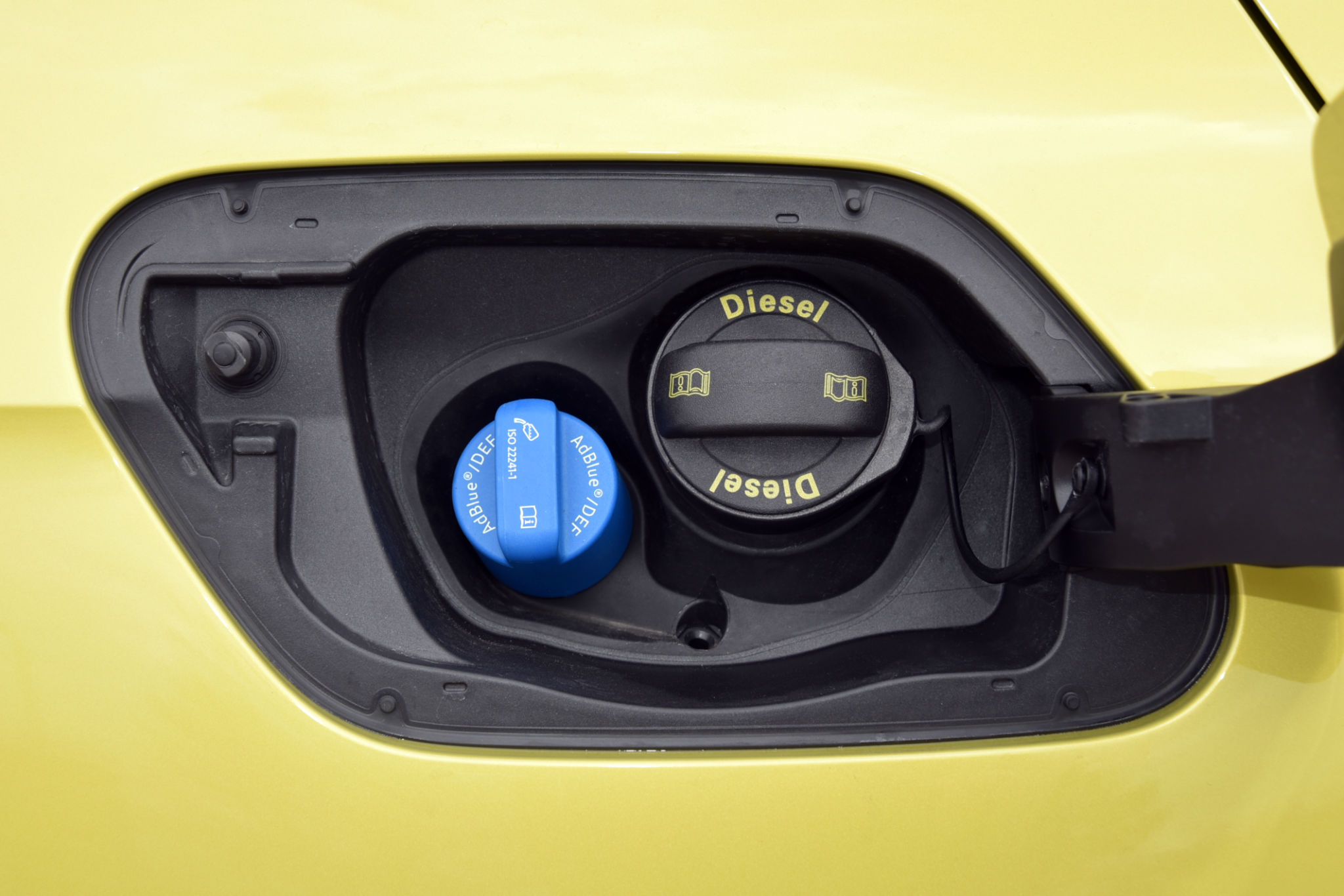AdBlue Urea: Why It's Essential for Automotive Emission Control
Understanding AdBlue Urea
AdBlue is a high-purity urea solution that plays a critical role in reducing harmful emissions from diesel vehicles. This liquid is injected into the exhaust system, where it breaks down nitrogen oxides (NOx) into harmless nitrogen and water vapor. As environmental regulations continue to tighten, AdBlue has become an essential component in automotive emission control systems.
AdBlue is composed of demineralized water and urea, a compound derived from ammonia. The process of breaking down NOx into less harmful substances is facilitated by a catalyst within the vehicle's Selective Catalytic Reduction (SCR) system. This technology is pivotal in helping manufacturers meet stringent emissions standards.

The Role of AdBlue in Emission Control
The primary function of AdBlue is to reduce the levels of nitrogen oxides emitted by diesel engines. These gases are significant contributors to air pollution and can have adverse effects on human health and the environment. By using AdBlue, vehicles can achieve a substantial reduction in NOx emissions, thus minimizing their environmental footprint.
AdBlue is especially important for heavy-duty vehicles such as trucks, buses, and agricultural machinery. These vehicles often operate in environments where emissions control is crucial. By incorporating SCR technology and AdBlue, manufacturers can ensure that their diesel engines comply with current and future emissions regulations.

How AdBlue Works
The process begins when AdBlue is injected into the exhaust stream of a diesel vehicle. The heat from the exhaust gases causes the urea solution to decompose into ammonia and carbon dioxide. The ammonia then reacts with nitrogen oxides in the presence of the SCR catalyst, converting them into nitrogen and water vapor, which are harmless to the environment.
This chemical reaction is highly efficient, allowing for significant reductions in NOx emissions. The use of AdBlue is not only beneficial for the environment but also for vehicle performance, as it enables engines to run more efficiently and with cleaner exhaust outputs.
Benefits of Using AdBlue
- Environmental Impact: By reducing NOx emissions, AdBlue helps improve air quality and reduce environmental pollution.
- Regulatory Compliance: Using AdBlue ensures that vehicles meet strict emissions standards set by governments worldwide.
- Engine Efficiency: Engines equipped with SCR systems and AdBlue can operate more efficiently, often leading to better fuel economy.

Maintaining Your AdBlue System
Proper maintenance of your vehicle's AdBlue system is crucial for optimal performance. Regularly checking and refilling the AdBlue tank ensures that the SCR system functions correctly. Most modern vehicles are equipped with sensors that alert drivers when the AdBlue level is low, preventing potential engine derating or shutdown.
It's important to use only high-quality AdBlue from reputable suppliers to avoid contamination of the SCR system. Contaminants can lead to costly repairs and reduced effectiveness of the emission control process.
The Future of AdBlue and Emission Control
As automotive technology continues to evolve, so too does the role of AdBlue in emission control strategies. The push for greener and more sustainable transport solutions means that AdBlue will remain a vital component in reducing vehicular emissions. Innovations in SCR technology are likely to enhance the efficiency of AdBlue systems further, making them even more effective at reducing pollution.
In conclusion, AdBlue urea is an indispensable tool in the fight against air pollution caused by diesel engines. By understanding its function and importance, vehicle owners can contribute to a cleaner environment while ensuring compliance with regulatory standards.
